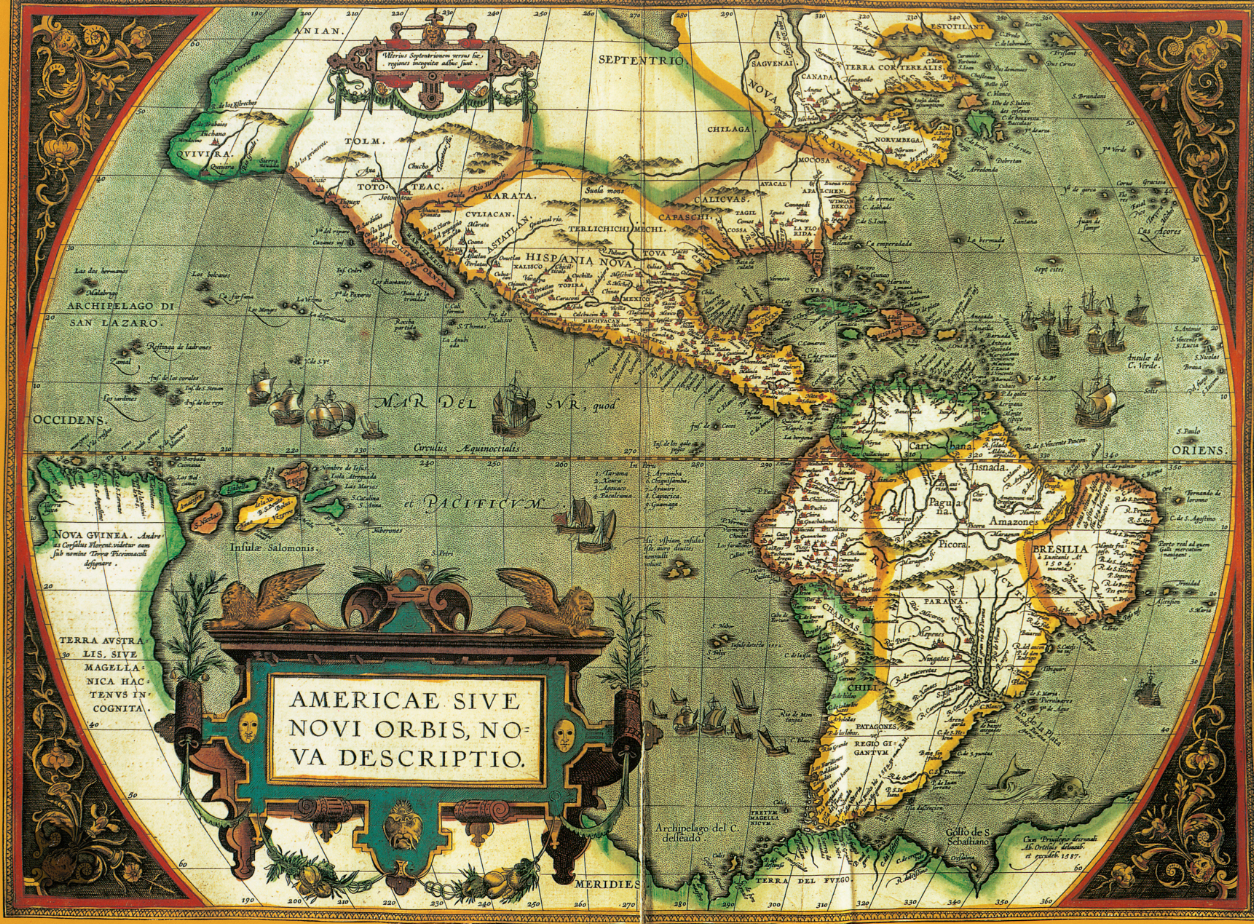In June 1494, diplomatic representatives of the kingdoms of Spain and Portugal signed a famous treaty that, in practice, sought to establish a division of almost the entire world into political, economic, military, and sociocultural spheres of influence. Evidently, the governments of Madrid and Lisbon intended to organize a hegemonic condominium for their own advantage. Although the Treaty of Tordesillas came to enjoy some papal recognition and support, it ended up being questioned by many other members of the international order of that time.
Five centuries after those events, we seem to be approaching a new attempt to establish spheres of influence, but with serious and spurious consequences for most of the peoples, nations, and states of the world, including the Latin American and Caribbean countries.
Indeed, even before the unjustifiable Russian invasion of Ukraine in February 2022, the attempt of certain powers with imperialist impulses and temptations (especially powers with autocratic, hybrid, and illiberal political regimes) to establish manu militari in areas of domination and to the detriment of the sovereignty, freedom and territorial integrity of neighboring countries was already evident.
Such practices, contrary to international law and security, have been accompanied and aggravated by a virtual arms race, the impact of climate change and the destruction of ecological and health balances, geoeconomic competition, sociocultural (civilizational) conflicts, and the effects of the continuing wave of autocratization in many countries of the world.
In a global context of increasing interdependence, such attempts to establish spheres of influence have generated reactions from numerous state and non-state members of the international system. In general, there is a prevailing view that such efforts to replicate the ambitions underlying the Treaty of Tordesillas need and deserve to be rejected now. At the core, these are serious and imminent threats to the peace, democracy, and security of many nations and states, especially developing societies, as well as the subaltern classes that are present in the countries themselves with expansionist and colonialist impulses or temptations.
Latin America has also been affected, to varying degrees of intensity, by the realities imposed by the recomposition of the international system, especially in the last three years. Hard hit by the COVID-19 pandemic, by more than a few environmental disasters, and by worrying processes of de-democratization and autocratization in certain countries. The region urgently needs to review the general guidelines of its identity and international insertion, as well as to oppose attempts to reestablish extra-regional fields of hegemonic influence in our continent and the world.
It should be borne in mind that Latin America and the Caribbean countries have suffered numerous imperialist onslaughts in the past. At the same time, the societies and governments of the continent should insist on the purpose of contributing to the formation of an international order of free peoples, a concept essentially opposed to the imperialist, expansionist, and colonialist flightiness of a few and for the benefit of others.
Before a situation characterized by competition, tension, and confrontation between great powers and blocs (particularly in the case of the United States, Western Europeans, Russians, and Chinese), it seems appropriate to improve the mechanisms for macro-regional agreement and coordination, including the Community of Latin American and Caribbean States (CELAC) and other processes of regional integration, cooperation, and multilateralism. Likewise, there is a clear need to effectively fulfill the tasks at home in terms of political progressivism and socioeconomic development, understood as the basis for an increasingly sovereign, constructive, and republican international insertion.
In short, peace, democratic quality, and regional security are essential assets for Latin American peoples and governments, especially in view of events in Eastern Europe and other similar conflicts. It should also be borne in mind that the current confrontation between great powers may give rise to an equally spurious hegemonic condominium through the establishment, more or less explicitly, of spheres of influence comparable to the logic underlying the aforementioned Treaty of Tordesillas. Therefore, all that remains is to remain vigilant, to seek multilateralism and dialogue among civilizations, and to highlight the virtues of non-alignment, all around.
Recalling the old theory of the three worlds, it is feasible that Latin America is part of the second world. If this is so, it is quite likely that political and diplomatic leaders, as well as specialized researchers, will need to take up the task of questioning the hegemonic presumption of certain extra-continental countries. In this hypothesis, it may be time for the free peoples and governments of the world to establish alliances to collectively oppose the threats of this new Tordesillas in the making.
Such an alliance in favor of multipolarity, peace, cooperation, and regional security could include the Afro-Asian community (mainly in the case of democratically oriented peoples and governments), as well as progressive and anti-imperialist social sectors acting within the great powers.
All this, without forgetting the need to counteract personalist ambitions and other similar negative tendencies of an intra-regional nature (autocratization, adventurism, parochialism, sectarianism, immobilism). This is an urgent and apparently ineluctable task.
*Translated from Spanish by Janaína Ruviaro da Silva











